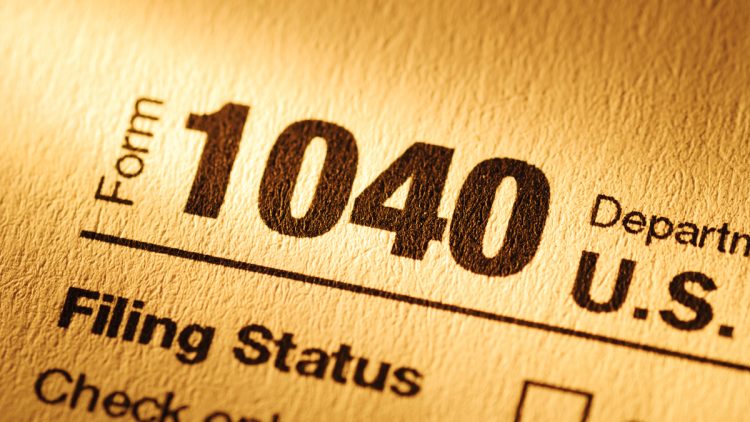Can The IRS Take Your 401K
The IRS (Internal Revenue Service) generally cannot directly seize your 401(k) account to satisfy tax debts or other liabilities. 401(k) accounts are protected by various laws, including the Employee Retirement Income Security Act (ERISA), which provides safeguards for retirement savings.
However, there are some situations where the IRS may indirectly access funds from your 401(k):
-
Early Withdrawals: If you make early withdrawals from your 401(k) account before reaching the age of 59½, you may be subject to income tax on the withdrawal amount, as well as a 10% early withdrawal penalty. These taxes can reduce the funds available to you.
-
Required Minimum Distributions (RMDs): Once you reach the age of 72 (or 70½ if you reached that age before January 1, 2020), you are required to start taking minimum distributions from your traditional 401(k) account. These distributions are subject to income tax.
-
IRS Levy: While the IRS cannot directly seize your 401(k), if you have a tax debt that you are not paying and the IRS issues a levy against you, they can potentially levy other assets, such as your bank accounts. If you decide to withdraw money from your 401(k) to cover the tax debt, it may still be subject to taxes and penalties.
-
Divorce or Court Orders: In the case of divorce or other court-ordered settlements, a portion of your 401(k) may be subject to division between you and your former spouse or another party, as determined by a court.
-
Bankruptcy: In the event of bankruptcy, your 401(k) is generally protected from creditors. However, this protection may vary depending on your state’s bankruptcy laws, so it’s essential to consult with a bankruptcy attorney for guidance specific to your situation.
Here are some things you can do to avoid having your 401(k) levied by the IRS:
- File your taxes on time and pay your taxes in full.
- If you cannot pay your taxes in full, contact the IRS to set up a payment plan.
- Keep your 401(k) balance low. The less money you have in your 401(k), the less the IRS can take if they levy it.
- Consider rolling over your 401(k) to an IRA. IRAs are not protected from levies by the IRS, but they may be less attractive to the IRS than 401(k)s because they are more difficult to access.
If you have any questions about whether or not the IRS can take your 401(k), you should speak to a tax advisor.
It’s crucial to consider the tax implications and penalties associated with early withdrawals from a 401(k) before taking any action. Generally, it’s advisable to preserve your retirement savings for its intended purpose—retirement. If you are facing financial difficulties and have a tax debt, it’s a good idea to contact the IRS to explore options for resolving the debt through installment agreements or other means that do not require depleting your retirement savings. Additionally, seeking advice from a tax professional or financial advisor can help you make informed decisions regarding your financial situation and retirement accounts.
Tax Settlement in Mesa, Arizona
If you need IRS Debt Help, Tax Debt Settlements or Tax Debt Advising in Phoenix, Mesa or anywhere else, Tax Debt Advisors can help! Give us a call at 480-926-9300 or fill out our contact form for a free consultation. This family owned tax practice has been serving the public since all the way back in 1977!
More Articles About Taxes
- When Will I Get My 2021 Tax Refund
- What’s New For Tax Filing 2021
- IRS Tax Inflation Adjustments For Tax Year 2021
- 2021 Tax Brackets
- What Are Tax Audits?
- What is an Enrolled Agent?
- Answers To 10 Tax Questions
- How To File Back Taxes

